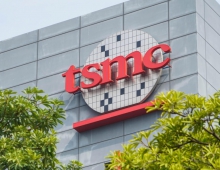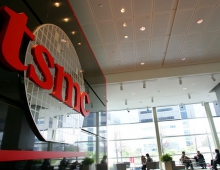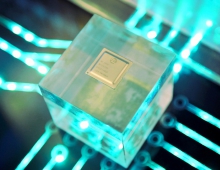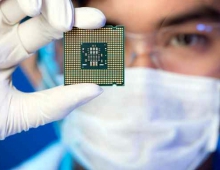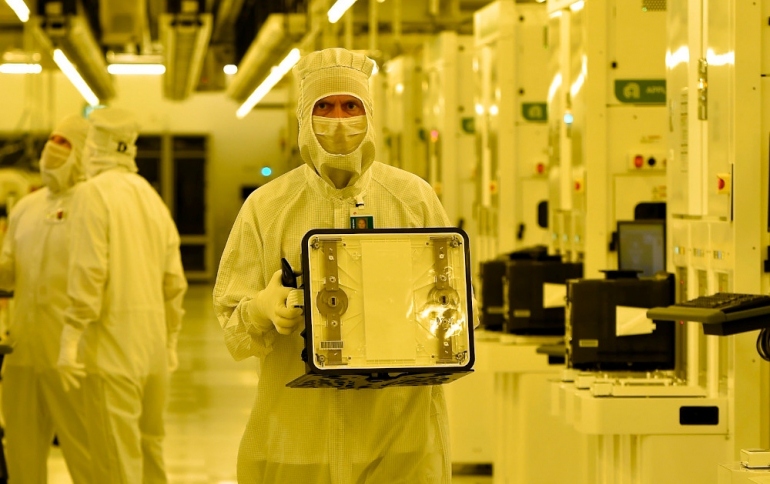
GLOBALFOUNDRIES and TSMC Announce Resolution of Global Disputes
After having filed lawsuits against each other, GLOBALFOUNDRIES (GF) and TSMC today annoucned they are dismissing all litigation between them as well as those that involve any of their customers.
The companies have agreed to a broad life-of-patents cross-license to each other’s worldwide existing semiconductor patents as well as those patents that will be filed during the next ten years as both companies continue to invest in semiconductor research and development.
This resolution guarantees GF and TSMC freedom to operate and ensures that their respective customers will continue to have access to each foundry's complete array of technologies and services.
“We are pleased to have quickly reached this settlement that acknowledges the strength of our respective intellectual property. Today’s announcement enables both of our companies to focus on innovation and to better serve our clients around the world,” said Thomas Caulfield, CEO of GF. “This agreement between GF and TSMC secures GF’s ability to grow and is a win for the entire semiconductor industry which is at the core of today’s global economy.”
“The semiconductor industry has always been highly competitive, driving the players to pursue innovation that enriched the lives of millions of people around the world. TSMC has invested tens of billions of dollars towards innovation to reach our leading position today,” said Sylvia Fang, General Counsel for TSMC. “The resolution is a positive development that keeps our focus on advancing the needs of our customers for technologies that will continue to bring innovation to life, enabling the entire semiconductor industry to thrive and prosper.”
GLOBALFOUNDRIES in August filed multiple lawsuits in the U.S. and Germany alleging that semiconductor manufacturing technologies used by TSMC infringe 16 GF patents.
A month later, TSMC filed multiple lawsuits against GLOBALFOUNDRIES in the United States, Germany and Singapore claiming ongoing infringement of 25 TSMC patents by at least its 40nm, 28nm, 22nm, 14nm, and 12nm node processes.

